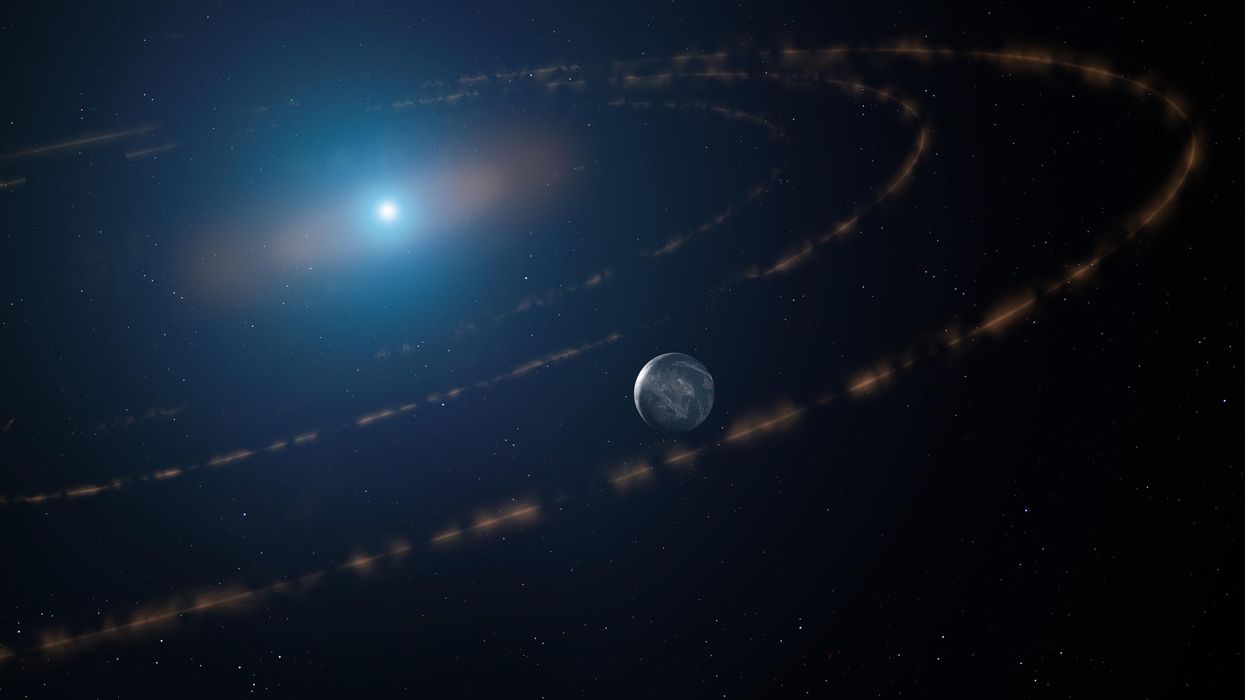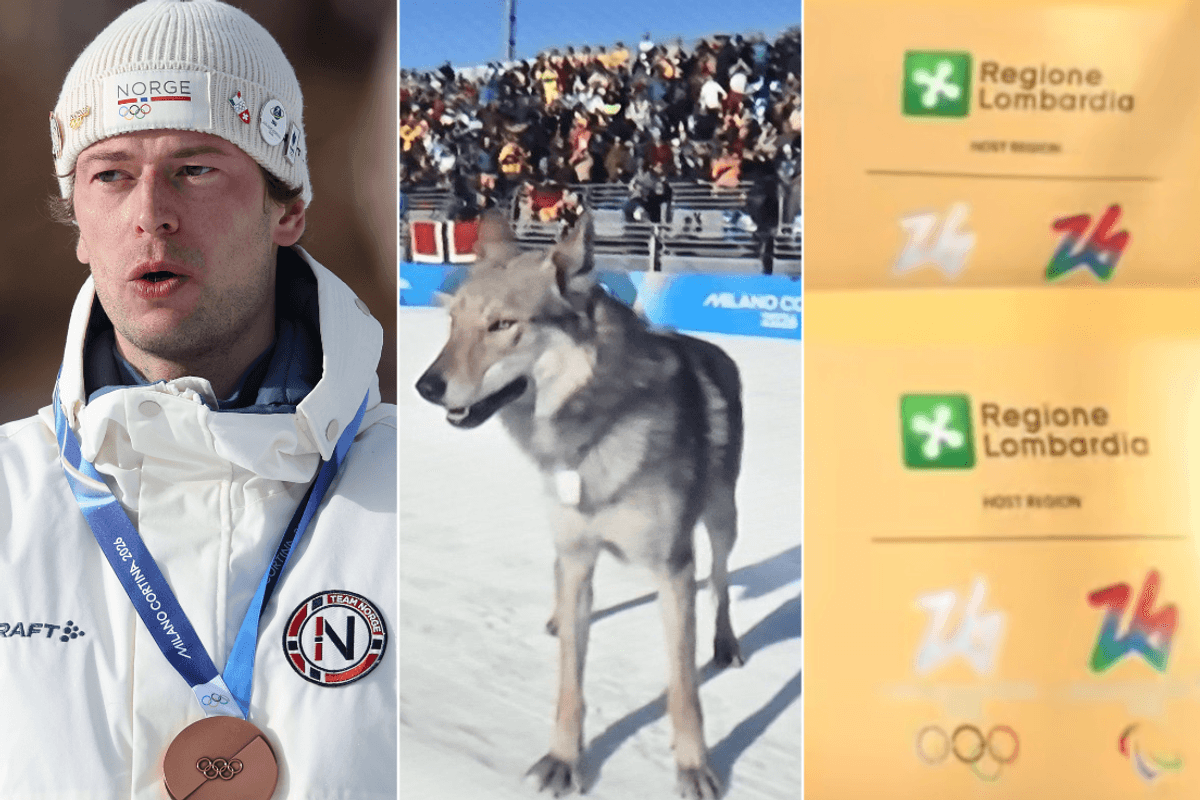Furvah Shah
Feb 11, 2022

An artist's impression of the planet that could potentially sustain life
Mark A Garlick
For those getting a little tired of life on Earth, there is good news in store as scientists may have found a planet that could sustain life.
Researchers from University College London believe that life could exist on a small planet orbiting a star called a “white dwarf” – and if so, this will be the first time a potentially life-supporting planet has been found near a star like this.
The planet is in the star’s “habitable zone”, where temperatures aren’t too hot or too cold meaning it could sustain life. For these reasons, this area is also known as the “Goldilocks zone”!
The leader of the study, Professor Jay Farihi of UCL, told the BBC: “This is the first time that anything has been seen in the habitable zone of a white dwarf. And thus there is a possibility of life on another world orbiting it.”
Sign up to our new free Indy100 weekly newsletter
When huge stars die, they become black holes but smaller stars - such as our Sun - become white dwarves. When they are first formed, they are usually the size of a planet and radiate a bluish-white light.
The hypothetical planet is 117 light years away from Earth and is 60 times closer to the its star than our planet is to the Sun.
While research still needs to confirm the planet’s existence through evidence, the movements of 65 surrounding Moon-sized structures suggest it is there.
Professor Farihi said: “It was a shock to the team. The motion was so eerily precise you couldn't make this stuff up.”
The discovery could also encourage astronomers to keep searching for evidence of planets around white dwarf stars, as Professor Farihi said: “In astronomy, if we find one, it usually means that it's common”.
Have your say in our news democracy. Click the upvote icon at the top of the page to help raise this article through the indy100 rankings.
Top 100
The Conversation (0)













